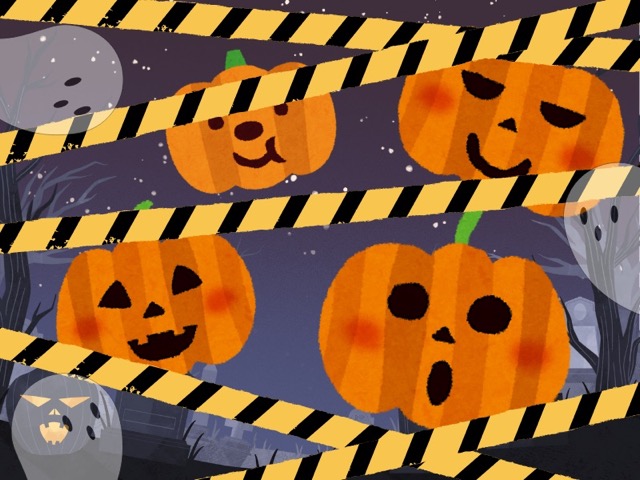The recent rise of coyotes, an indigenous animal around our school, has increased administrators’ awareness of student safety. As the heat increases, coyotes come down from their natural habitats, searching for water and food. Coyotes have been sighted three times around campus in the past several weeks.
When adult coyotes are spotted, it usually means they have babies.
What I’ve seen in pictures [of sightings] were small baby coyotes,”
assistant principal Leon Metoyer said.
Coyotes have an odd appearance. They are the size of a medium dog, but with pointed muzzles, long- bushy tails, and a “zombie-like” walk. They are considered noisy loners, howling and yipping, mostly at night.
If you encounter a coyote, don’t pet it (or feed it) since they could bite and they can carry rabies. “The best thing to do when encountering an injured or orphaned wild animal is to leave it alone and undisturbed,” according to WildlifeHelp.org.
Don’t turn your back, get big, make some noise, [and] call for support,”
said Metoyer.
If you come in contact with a coyote, call The California Department of Fish and Wildlife at (858) 467-4201.

 Caution with Costumes
Caution with Costumes